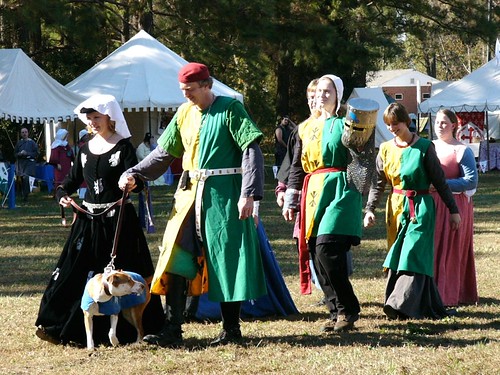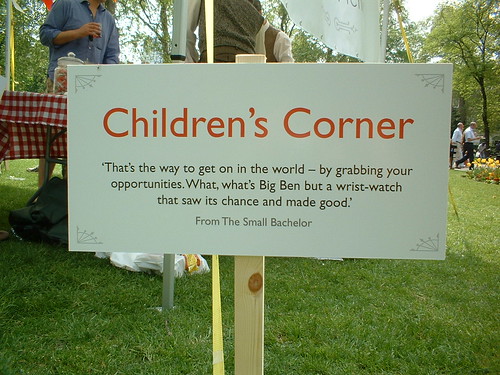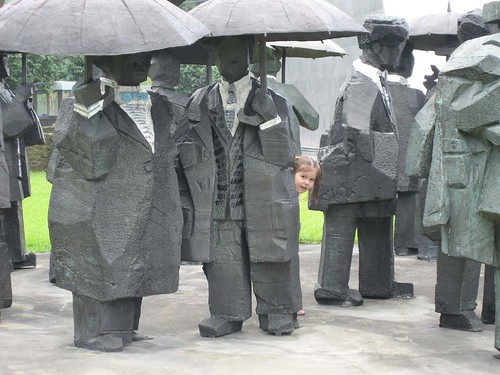I recently read The Creative Compass by Dan Millman and Sierra Prasada, and came across the really rather interesting idea of the Master Metaphor. To quote:
“At some point in your life, perhaps more than once, you achieved something, despite the odds against it, because of a longing or determination that you can’t fully explain. It might be a skill that initially seemed out of reach or a one-time accomplishment: jumping off the high diving board, delivering a speech at a school assembly, or travelling to a distant country. That experience, as distinguished by the inexplicable feeling that accompanied it, forms your Master Metaphor.”
It doesn’t have to be an accomplishment that the world deems great, it just has to be something that was hard but you did anyway. A symbol of your ability to succeed against whatever’s pushing the other way – tiredness, lack of ability, your own character flaws.
It’s the ace up your sleeve you pull out when the chips are down. (Mixed metaphor? Not sure.) I did that, I can do this, you tell yourself.
It took me a while to figure out what my Master Metaphor could be, given my propensity for giving up if I don’t get it right the first time, a besetting flaw if ever there was one.
Then it came to me. Socks.
Not the sort Polly Oliver uses to -er, bolster her male impersonation, nor yet the shortened form of ‘Socrates’ with which Walter Judson tries to maintain a philosophic calm on the golf course.
To be precise, turning the heel when knitting a pair of socks. I have mentioned before how long it took me to figure out how to do it, even with a clear and simple pattern to hand. I’m surprised I persevered, given that I had no pressing need to knit socks, only a pressing desire, and that much shaken by repeated failure.
The problem was that I couldn’t see how what I was doing was going to produce the desired result. I couldn’t visualise how it all went together, so in the end I just had to carry on in faith that it would turn (pardon the pun) into a heel. And it did.
That’s a good metaphor for writing right there. You get your structure sorted (the pattern) and then you just keep going even if it looks like nothing on earth, trusting that it will come out the right shape if you just keep going.
So what’s your Master Metaphor? And do you know any good patterns for socks?










![Great A'Tuin, the star turtle, bears the Discworld through space [1680x1050]](http://farm4.staticflickr.com/3361/3577999592_9458908316.jpg)